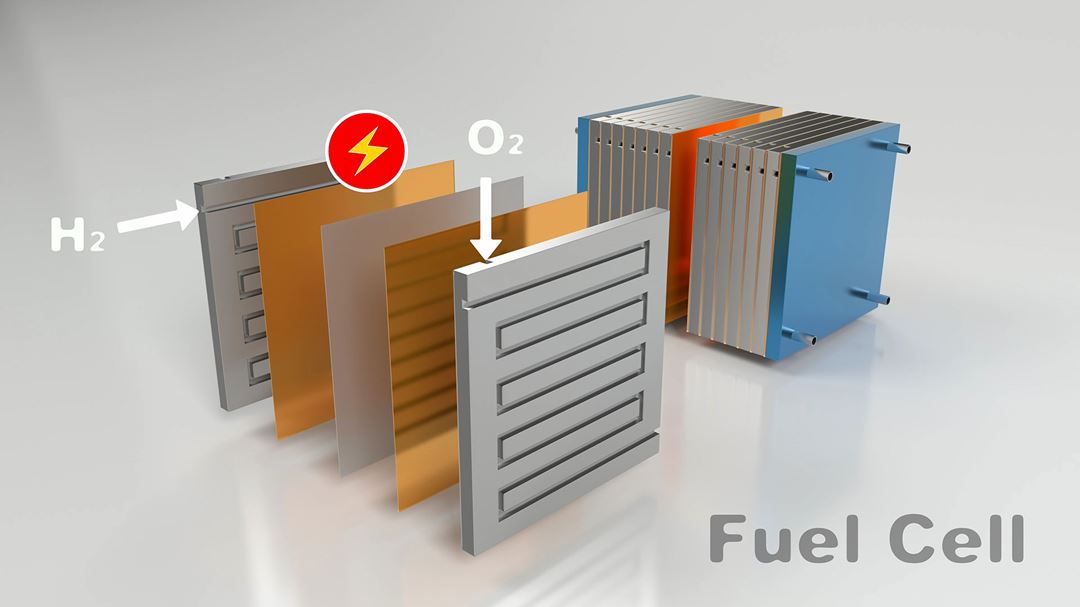
Proton-exchange membrane fuel cell (PEMFC) and electrolyser (PEMEC) are key technologies for the deployment of H2 as energy carrier. Bipolar plates (BPPs) are central components of PEMFCs and PEMECs, accounting for 60 to 80% of the weight and 30% of the cost. Commercial solutions are based on graphite or composite materials, but brittleness and porosity for graphite and limited conductivity, high weight, and time-consuming manufacturing methods for composites call for innovative and more efficient solutions. Titanium is used for high-end applications, but its cost makes it unsuitable for high-throughput production. Stainless steel is the most promising candidate, due to its mechanical robustness and ductility, as well as high electrical and thermal conductivity. However, without protective coatings, steel is prone to corrode due to the low pH environment required in these applications, forming an insulating oxide layer that kills the efficiency of the device.

CORE will develop a polymer composite coating for BPPs. The polymer phase is expected to offer chemical resistance against corrosion, whereas the required electrical properties will be ensured by conductive particles embedded into the polymer film. To reach the goal, an innovative filler manipulation technique developed by CondAlign AS will be investigated for the first time. This method allows for alignment of the conductive particles through the polymeric film, optimizing the loading requirements and reducing the material's cost. Compared to other manipulation approaches, this technique is material independent, opening for several solutions to meet the technical requirements. An example of CondAlign's technology can be find in this video:
Alignment of particles (side) from CondAlign on Vimeo.
Funding is provided by the EEA and Norway Grants through the KAPPA program (https://www.tacr.cz/en/kappa-programme-call-for-proposal-announcement/), aiming at strengthening the cooperation between the Czech Republic and Norway. The program is operated by Technology Agency of the Czech Republic. More info can be found in the project website: http://www.core-project.cz/


